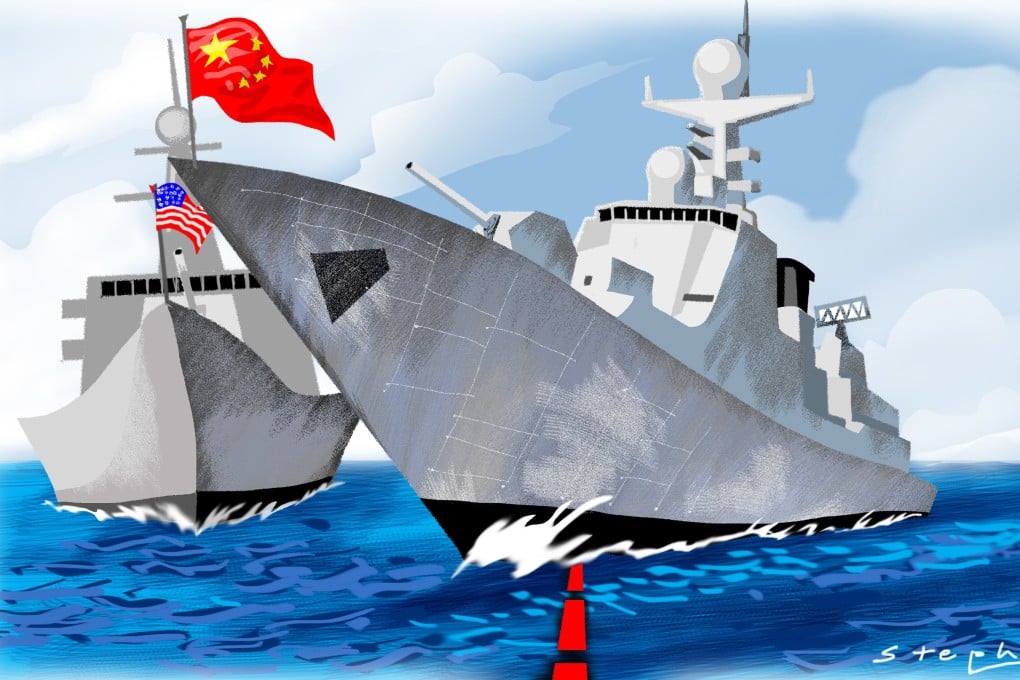Opinion | Conflict prevention in the South China Sea depends on China abiding by the existing rules of navigation
- US freedom of navigation operations do not, in and of themselves, raise the risk of a maritime incident
- From the 1972 ‘Rules of the Road’ to the 2014 bilateral agreement on the rules of behaviour, the protocol exists for peaceful engagement even in disputed waters

If China truly wants to coexist and compete peacefully in the Indo-Pacific, it must comply with international treaties and agreements.
This includes international accords that apply to the disputed waters of the South China Sea, where the risk of an incident is growing, not only between the US and China, but also between China and its neighbours. China’s flouting of international rules in the South China Sea may spark a future maritime incident.
Some Chinese charge that the United States is increasing the potential for a dangerous encounter by sailing navy vessels close to rocks or artificial islands controlled by China. That argument was made by Senior Colonel Zhou Bo, an official in China‘s Ministry of Defence, in a recent New York Times column.


